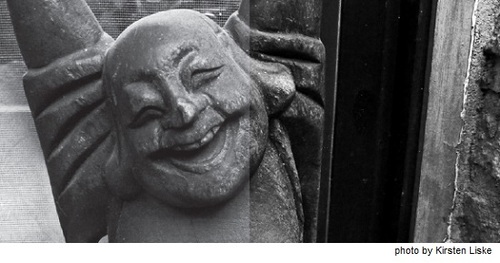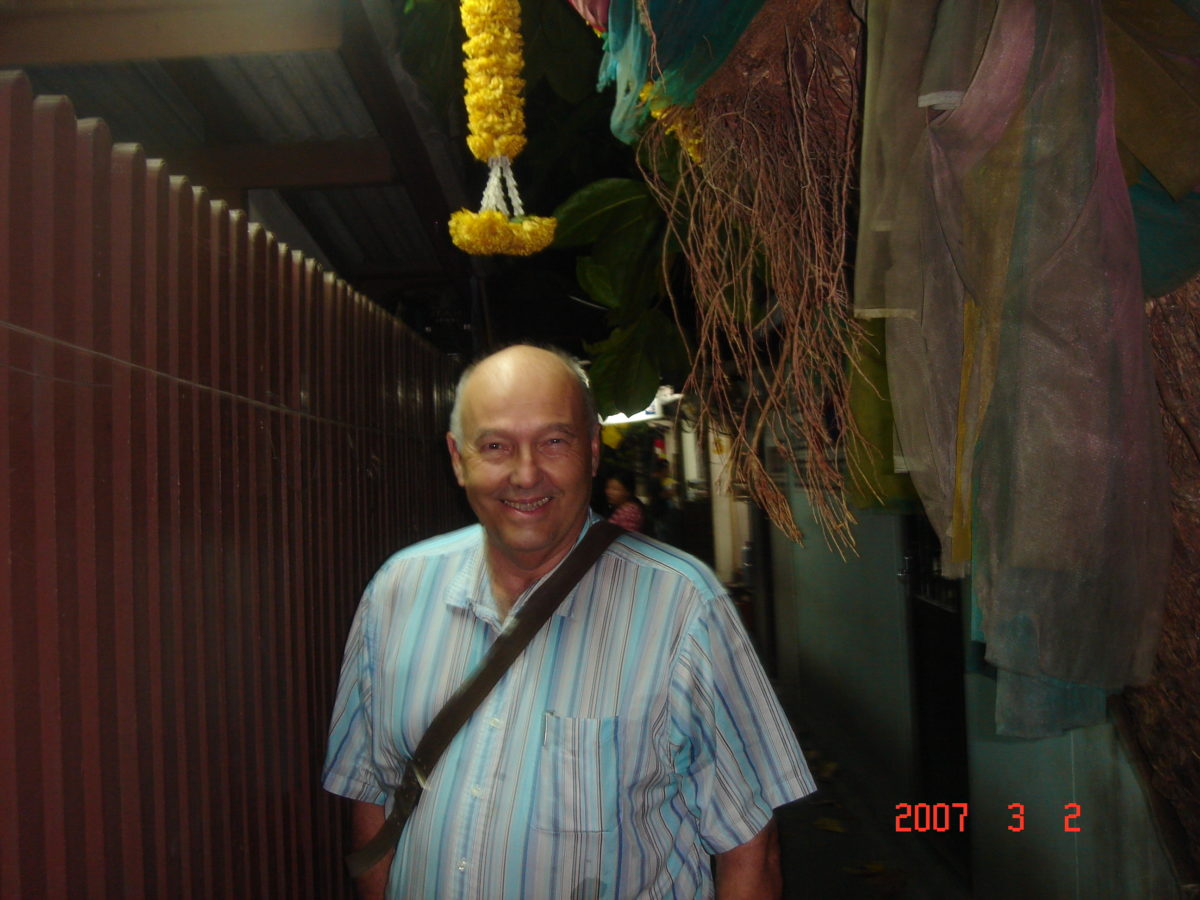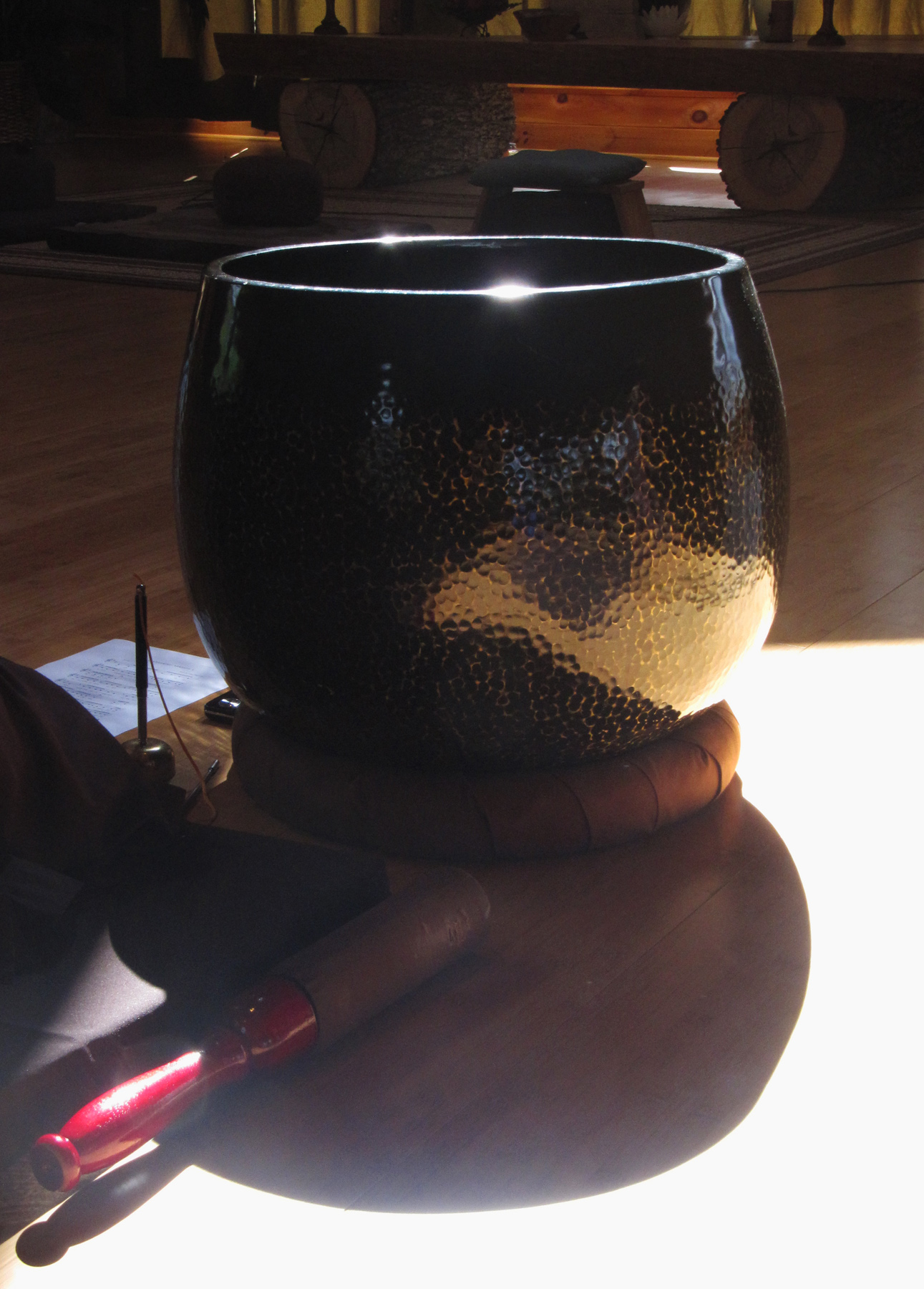By Charlie Turner

The evidence from various empirical happiness studies, from psychologists, and from wisdom and religious traditions tells us that consumption beyond a basic level does not lead to much extra happiness. It is not that consumption is bad, but we should not expect much of an impact on our happiness from having more. Yet, most people continue to pursue the acquisition of more money and status.
By Charlie Turner

The evidence from various empirical happiness studies, from psychologists, and from wisdom and religious traditions tells us that consumption beyond a basic level does not lead to much extra happiness. It is not that consumption is bad, but we should not expect much of an impact on our happiness from having more. Yet, most people continue to pursue the acquisition of more money and status.
My book, Mindful Consumption: The Economics of Happiness and Abundance (in manuscript), offers guidelines for a happy and abundant life. A few of the principles are: develop a sense of gratitude and generosity; live simply and in a socially conscious way; and appreciate and nurture your loved ones.
Develop Generosity
Generosity is a trait that I observed in my Japanese friend, Ikeda-san. He has been very generous to my wife and me when we have been in Japan. He extended his generosity to our family and friends when they visited us there. I also observed his generosity to others, such as foreign students and his own friends and acquaintances. His wife is very gracious, kind, and generous. For a number of years now, my wife, Libby, and I have tried to promote generosity in ourselves in emulation of the Ikeda-sans. We are still nowhere near being as generous as they are, but we have benefited from the attempt.
Dr. Martin Seligman, the founder of Positive Psychology, reported that his students experienced a long-term sense of happiness when they performed good deeds for others. The happiness that comes from helping others and being generous is different from directly acting to benefit yourself. Yet, it ends up being one of the best things you can do for your own happiness. But, as one of my students said, it is important that you actually do it for others and not for the happiness that tends to flow to you from the good deed. The difference is one of intention and focus.
One way to be generous is to perform good deeds that are anonymous. I remember a story about a Zen master who made a practice of cleaning the toilets during the night when others were asleep. One small practice that I have developed is to make adjustments to toilet seats when I notice they are loose. I don’t know how many times I have sat on a public toilet seat and needed to be careful because the seat was loose and tended to slide. I used to moan and feel put upon whenever this happened. Now, I try to find the time to kneel down, reach under the commode, and tighten the seat screws. Sometimes I have to use a quarter to turn the screw; sometimes I can just use my fingers; and sometimes I am unable to make the necessary adjustment. Now, instead of feeling irritated when I find a loose seat, I feel like I have been granted an opportunity to do a small good deed.
Live Simply
Living simply gives you the greatest freedom and sense of abundance. We have probably all seen children over-stimulated at Christmas time as they open package after package. Often the presents that end up being most meaningful to them are the ones that require them to practice and develop their own skills. It is often in the quiet of having time together that the richest parts of our life occur. It is not the fancy house or car that enriches our lives. It is the tapestry of our loving interactions with our fellow human beings, animals, plants, and the natural world that brings the most happiness.
Three of the greatest sources of pleasure in my life have been walks, bike rides, and watching sunsets and moonrises. Admittedly, these have all been enhanced by my location in the Norfolk-Virginia Beach area. My wife and I take long walks along the beach during the spring, summer, and fall. Walking along, looking at the seagulls, pelicans, breaking waves, and an occasional dolphin is truly wonderful as well as being excellent exercise. We have seen many marvels of nature in the park including two snakes trying to swallow the same frog (poor frog). We have developed a wonderful tradition of watching the full moon rise over the ocean. For over twenty-two years, we have managed to see almost every full moonrise from the sea when the weather permitted. We have been awed many times by the beauty. It is also amazing to us how often we have seen people eating with their backs to the window, missing out on this fantastic sight.
Nurture Love
It is important to nurture love in your life. Let your nurturing begin with yourself. As Jesus said, “Love your neighbor as yourself.” If you don’t love yourself, you will have difficulty loving anyone else. Thich Nhat Hanh’s message, “You are already home,” has helped me a great deal. I strived most of my life to do something really good in order to justify myself. Thay said that I was already acceptable. This has been very comforting to me.
How do we nurture love? We can begin with the intention to be loving to ourselves and others. Then, when we notice that we have acted or spoken in a way that is contrary to the intention of love, we can act to rectify the situation. With awareness, we can eventually come to intercept such action or speech before it occurs. We will not always act in the most judicious way or speak to others or ourselves with kindness. Nevertheless, as we nurture love and consider being loving as one of our most significant goals, we will strengthen our loving nature. To paraphrase Thay, we should plant seeds of love and water them regularly and they will grow into beautiful flowers.

Charlie Turner received his PhD in economics from Harvard University in 1981, and has been teaching economics ever since. When he taught The Economics of Happiness, the student response was overwhelmingly favorable. For the last sixteen years, he has been a member of the Mindfulness Community of Hampton Roads, Virginia, led by Allen Sandler.

